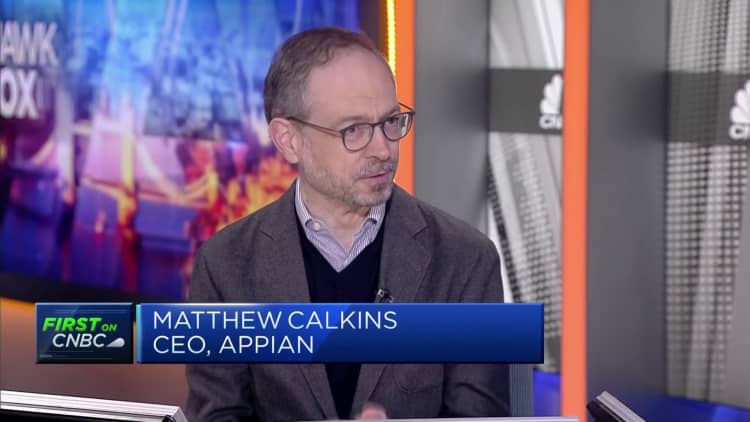
The office-leasing business declared bankruptcy this week, two years after finally going public minus its infamous co-founder. It has $19 billion of liabilities and $15 billion of assets. Longtime investors, including Softbank Group Corp. and the Vision Fund, will add to the enormous losses they’ve already taken on the venture.
“It has been challenging for me to watch from the sidelines as WeWork has failed to take advantage of a product that is more relevant today than ever before,” Neumann, 44, said in a statement.
But a part of Neumann might be thankful he was forced out in 2019 following the company’s disastrous first attempt at an initial public offering. While battering his reputation, the exit left him with plenty of liquidity, and he’s still worth $1.7 billion, according to the Bloomberg Billionaires Index.
To be sure, WeWork’s failure hurt Neumann’s wealth. When it went public in a merger with a special purpose acquisition company in 2021, Neumann had a fortune of $2.3 billion, according to the index, with nearly one-third in WeWork shares. They’ve since fallen more than 99%.
But the deal also revealed how he managed to extract huge amounts of cash from WeWork in better times. The ex-CEO’s name was mentioned 197 times in a merger filing alongside eye-watering payouts, including a $185 million non-compete agreement, $106 million settlement payment and $578 million received for shares sold by Neumann’s We Holdings to SoftBank.
It also outlined a $432 million loan from the Japanese firm to Neumann, secured by some of his now almost worthless WeWork stake.
WeWork’s bankruptcy is costing SoftBank, founded and led by billionaire Masayoshi Son, an estimated $11.5 billion in equity losses with another $2.2 billion in debt still on the line.
The bankruptcy process is expected to take months and will decide how creditors divide the remains of the company. So far, court papers show that billions of dollars of the firm’s debt will be converted into equity, while nearly all shareholders and owners of low-ranking bonds will be wiped out.
New Venture
These days Neumann is busy with a new startup, Flow, which received a $350 million investment from venture capital firm Andreessen Horowitz at a $1 billion valuation in August of 2022 before even beginning operations. Flow will operate multifamily residential properties that aim to foster a feeling of ownership and community.
At least some of the residential properties were already owned by Neumann. Because his own investment into the company couldn’t be determined, Flow hasn’t been factored into Neumann’s fortune, meaning he could be even wealthier than Bloomberg’s figure.
Not all of his investments outside of WeWork have been going so well. His family office fell behind on interest payments on a $31 million mortgage tied to a San Jose, California, office building, according to an October mortgage filing. Neumann famously invested in office buildings, some of which were rented back to WeWork, one of the conflicts of interest that sunk the first IPO.
Neumann no longer rents any buildings to WeWork, according to filings, meaning he won’t be one of the landlords dealing with lease renegotiations during its bankruptcy.
His connections to WeWork might not be completely finished. Neumann, who no longer has a non-compete with the company, has been approached about the possibility of getting involved in the business post-bankruptcy, according to a person familiar with the discussions, who asked not to be identified because the information is private. His statement even hinted at the possibility.
“With the right strategy and team, a reorganization will enable WeWork to emerge successfully,” Neumann said.
Credit: Source link















